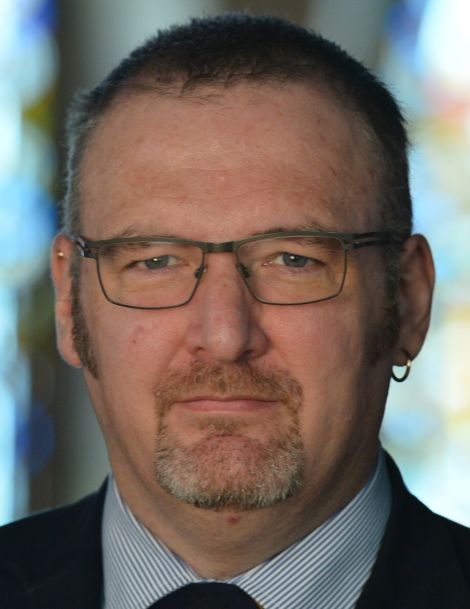News / Robinson – ‘Shetland is not an affluent place’
TWENTY per cent of households in Shetland are living in extreme poverty, defined as surviving on an annual income of less than £13,500, the newly formed Tackling Inequality Commission has heard.
Data presented to the second meeting of the commission, held on Monday afternoon, confirmed that despite full employment and a second oil boom under way, a significant number of islanders were struggling to make ends meet on low wages and reduced welfare benefit payments.
In addition, the cost of living in a rural island setting is between ten and 40 per cent higher than in the rest of country.
Council leader Gary Robinson said that contrary to common belief Shetland was not an affluent place and needed all the help it could get to tackle poverty in the isles.
The commission was formed earlier this summer to take evidence from a broad spectrum of individuals and organisations with the aim to publish recommendations of how to tackle some of the causes that create inequalities by March next year.
Chairman Alastair Hamilton accepted that the commission would find it difficult to steer against national policies implemented by the Tory government.
“We have to be realistic about the constraints that exist, and one of our jobs is to find the balance between our ambition and what is practicable,” he said.
Robinson said: “One of the key things that will come out of this is that we are going to have an evidence base to be able to argue our case.
“At the moment it is very difficult to get across the message that we are not an affluent place.”
The council’s policy manager Emma Perring added that “simply by having the commission” a number of influential people were attracted to come to the islands on fact finding visits.
On Monday, the commission heard from Karen Eunson of the local Citizen Advice Bureau, Angela Nunn of the Salvation Army and from Perring herself.
Become a member of Shetland News
In summary their evidence was as follows:
- The average household income in Shetland is £33,934, lower than the Aberdeenshire (£38,612), the Scottish (£34,619) and the UK average (£36,400), but higher than Highlands (£32,721) and Orkney (£29,808);
- More than 2,000 households in Shetland live in extreme poverty, defined as having an annual income of just £13,573 (40 per cent of £33,934);
- On the other end of the scale, ten per cent of islands’ households have access to an annual income of £66,225 or more;
- Work is not a guaranteed route out of poverty: working a 37-hour week on the minimum wage gives people an annual income of just over £12,000;
- The cost of living in the islands are between ten and 40 per cent higher than on the UK mainland, meaning the living wage of £7,85 per hour, as promoted by the Scottish government, would need to rise accordingly;
- National benefit levels do not take into account the high cost of living;
- Seven hundred local families receive welfare benefits due to low income;
- Disabled people, children and families are hit hardest by the recent cuts and restrictions to benefits;
- The single biggest issue for the Citizen Advice Bureau are clients needing help with managing debt. In 2014/15 the office assisted clients with a total of personal debts of almost £3million, an average of £14,405 per client;
- The local food bank, operated by the Salvation Army, has seen a steady increase in the use of the service over recent years;
- Food prices and the cost for electricity have gone up by 47 and 45 per cent respectively since 2008, something that is not reflected in the retail price index.
Eunson added: “The Scottish government’s islands minister was in Shetland the week before last talking about island proofing.
“Our evidence is part of that island proofing; the government has made a commitment, and they have to be held to account.”
The commission is due to meet another four times between now and December, with the next meeting on 25 September looking at transport cost and fuel poverty.
Details of the 20 commissioners can be found here.
Become a member of Shetland News
Shetland News is asking its many readers to consider paying for membership to get additional features and services: -
- Remove non-local ads;
- Bookmark posts to read later;
- Exclusive curated weekly newsletter;
- Hide membership messages;
- Comments open for discussion.
If you appreciate what we do and feel strongly about impartial local journalism, then please become a member of Shetland News by either making a single payment, or setting up a monthly, quarterly or yearly subscription.






























































